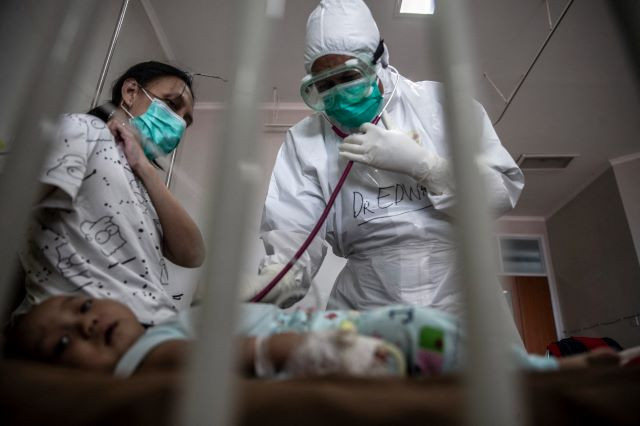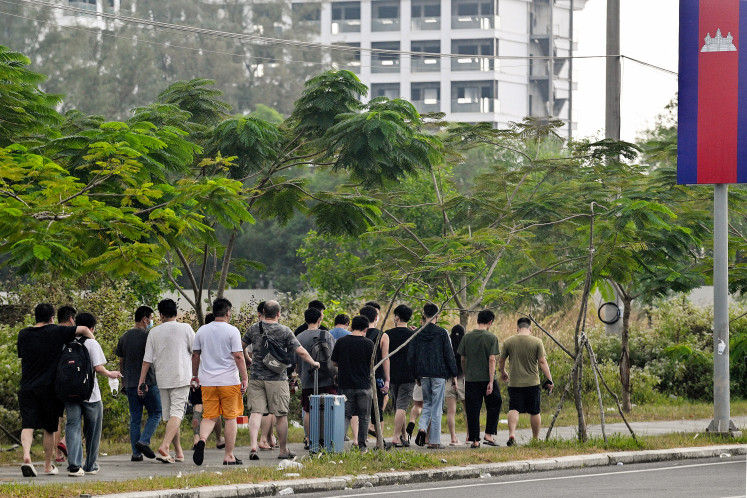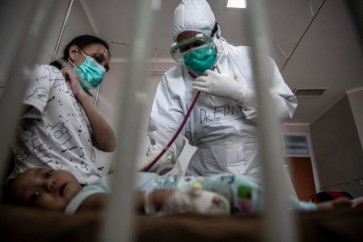Popular Reads
Top Results
Can't find what you're looking for?
View all search resultsPopular Reads
Top Results
Can't find what you're looking for?
View all search resultsGearing up for life after the pandemic; the health reform we need
By providing a supportive regulatory environment, Indonesia will attract increased inward R&D investment, galvanize government and private sector collaboration and encourage local innovation.
Change text size
Gift Premium Articles
to Anyone
A
s the world begins to recover from the COVID-19 pandemic, a new urgency has emerged to build a stronger and more resilient health system. To address this pressing need and better prepare Indonesia for future health challenges, we must invest extensively in our healthcare capacity to ensure that all patients have access to life-saving technologies.
Indeed, the need for greater health resilience has been championed by global leaders, including Indonesia’s, since the pandemic struck in early 2020. Having endured the devastation caused by the pandemic, the urgency for creating health resilience is clear, but have we achieved it?
Are we now able to provide improved access to innovative medicine for everyone in need? Are we allocating more resources to boost healthcare capacity as well as critical research and development (R&D), and manufacturing in Indonesia?
For the country to accelerate much-needed investment, systematic changes to our health legislation is required, which is what the omnibus bill on health care aims to achieve. While the draft law, currently under deliberation by the House of Representatives, has received collective support within the medical communities, it is not free from criticism either.
Much attention has been focused on the introduction of a collegium-based system of medical education and the streamlining of medical licensing. A healthy discussion around the merits of different articles should enhance the effectiveness of the draft, but I believe more attention should be paid to how the bill can advance Indonesia’s health resilience, particularly by building pharmaceutical and medical-device manufacturing capacity.
As a medical professional, I find the health bill touches issues that are close to my personal experience. I still remember vividly how health workers across the world were struggling to access personal protective equipment to safeguard themselves while treating the ill. Mask and hazmat suit prices skyrocketed, even as doctors were forced to be “creative” and use trash bags as protective barriers. Further supply chain disruptions also led to delayed delivery and shortages of COVID-19 vaccines, therapeutics and diagnostics.
The recent emergence of the Arcturus subvariant globally has demonstrated that COVID-19 is not yet out of the picture. Therefore, future pandemics may be inevitable, and mitigation should be part of our health reform agenda. Against this background, the House’s decision to prioritize the health bill discussion is timely and much-needed.



















